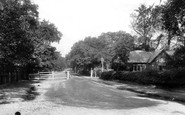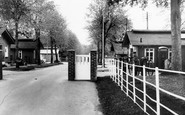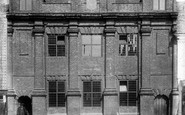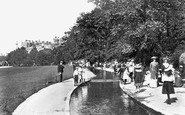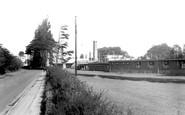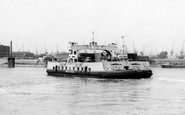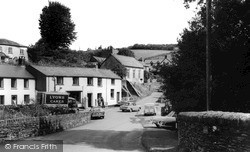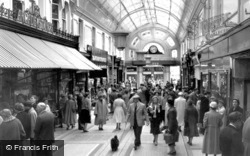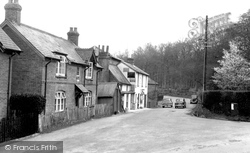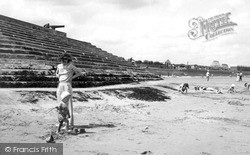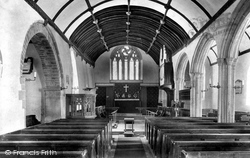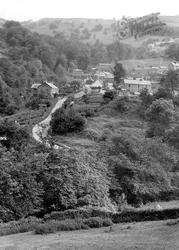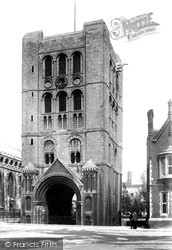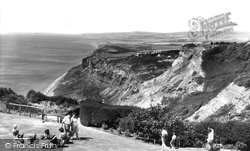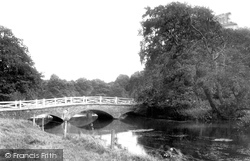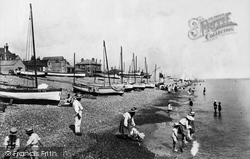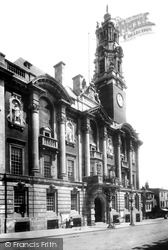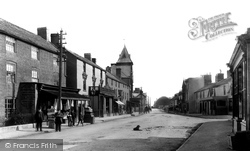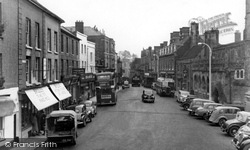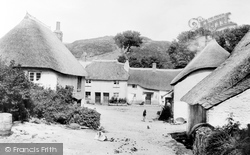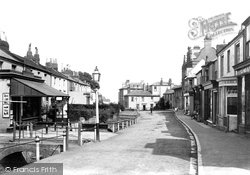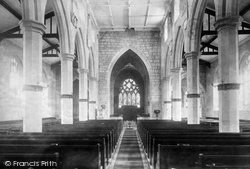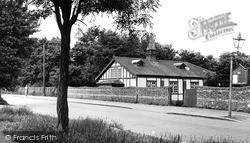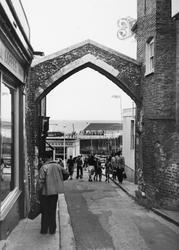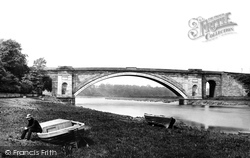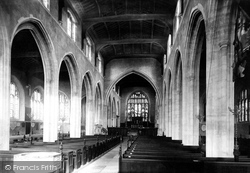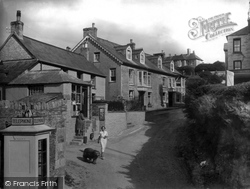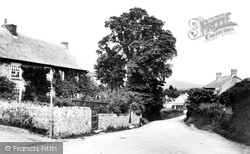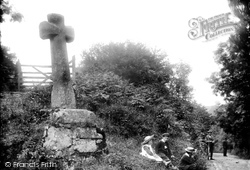Places
Sorry, no places were found that related to your search.
Photos
5 photos found. Showing results 701 to 5.
Maps
83 maps found.
Books
Sorry, no books were found that related to your search.
Memories
1,128 memories found. Showing results 351 to 360.
Paignton Was My Crucible 1947
My mother gave life to me in Paignton hospital (now a hospice I believe) in July of this year (1947) and I spent much of my early years in and around this lovely little town. Not so lovely or little now but still ...Read more
A memory of Paignton in 1947 by
A Week To Remember
It was always a sense of adventure searching for new place to visit on our holidays - and certainly we found an idyllic spot just a mile or so outside the town of Cemaes Bay. Mother had been staying with my younger sister ...Read more
A memory of Cemaes Bay in 1976 by
Birth.
I was born in Crystal Place Road Dulwich in July 1930. I did not know the full address until a few months ago. My family moved to Grove Park when I was six months old and my mother died in March 1932. My father died when I was thirteen. I ...Read more
A memory of Dulwich in 1930 by
Growing Up In Tottenham
I spent the first eleven years of my life in Tottenham. We lived above the PDSA dispensary in Seven Sisters Road. My father worked for the PDSA as a vet, and I remember very clearly the queues of people waiting to have ...Read more
A memory of Tottenham in 1950 by
Growing Up In Holbeach St Marks (The Marsh)
Although I was actually born in Holbeach Bank, and spent the first 3 1/2 years of my life in Holbeach St Matthews, I spent my childhood in Holbeach St Marks. My mother and father Ray and Greta ...Read more
A memory of Holbeach St Marks in 1955 by
Rowes Of Netheravon.
As a little girl I remember visiting Auntie Alice and Uncle Bill Rowe. They lived in Vine Cottage just down from the SSW Army Camp. Dad was stationed there after the Second World War, that's where he met my mother Margaret ...Read more
A memory of Netheravon in 1965 by
Rye Grammar School
I have a great-grandfather and several of his brothers who went to this grammar school in the 1830s and 1840s and they all had very nice writing with perfect copperplate. So maybe the severity on the outside was reflected in the ...Read more
A memory of Rye
Bournemouth Gardens
When I was a child, my parents and my two brothers went to Bournemouth every year for 2 weeks holiday. I have nothing but happy memories of Bournemouth and Boscombe and the surrounding towns. I am now nearly 56 but I still ...Read more
A memory of Bournemouth in 1959 by
Frenchay Hospital, Bristol Built By The American Army
Frenchay Hospital in Bristol was built by the American Army during the Second World War. Frenchay Hospital is a large hospital situated in Frenchay, South Gloucestershire, on the (NE) outskirts ...Read more
A memory of Frenchay by
A Day Out To Woolwich
During the early years after the Second World War my mother would take me to Woolwich as a special treat. I was about 8 year old then. We would catch the 696 trolleybus from Dartford market and arrive at the Woolwich Arsenal ...Read more
A memory of Woolwich in 1952 by
Captions
1,233 captions found. Showing results 841 to 864.
Here Withypool is viewed from its six-arched bridge over the Barle. The squat tower of St Andrew's Church can be seen above the old Methodist chapel (centre).
The shopping arcade was very much a Victorian concept, enabling the shopper to browse without getting wet on rainy days.
The roads of the New Forest tend to be much busier these days than they were when this photograph was taken.
The cannon would not have been much use in 1940. Mablethorpe is to the right and north.
There is no north aisle, but instead the plain Norman arch on the left is for a transept which contains the organ.
This view remains much the same today.
It was flanked by the high Abbey precinct wall, and the arched entrance with supporting towers formed a porch.
The waves of the sea echo along the Chine on wilder days, whilst much of the Island's southern coastline can be seen from the Observatory.
This graceful arched bridge over the River Frome has wooden rails, which still guard the road.
The ever-changing coastline has very much dictated the fortunes of Aldeburgh, but one thing which has not changed is the activity of local fishermen, who park their boats on the shingle bank which runs
The wonderfully over-the- top Baroque town hall is a triumph for the town, and much better than the pallid neo-classical one it replaced.
By the date of this photograph, much of the town's main streets were established, and they display the characteristic detail of the period: projecting shop fronts proudly display their goods (including
The hill-top town of Shaftesbury, or Shaston as it is sometimes known, owes its foundation to Alfred the Great, showing much evidence of its Saxon origins.
Tiny fishing smacks still set out from the cove each day, much as they probably did in 1588 when the Spanish Armada was first sighted off the Devon coast.
Apart from improvements in the sea defences, the view is much the same today. It was here that Sir John Millais painted that most famous of pictures, 'The Boyhood of Raleigh'.
Most obviously, a rood screen, erected in memory of Harold Woollcombe-Boyce, who died on active service during the Great War, now spans the chancel arch.
The church hall, in Rectory Road, was much more central to Pitsea than the medieval church, perched on its hilltop site.
This 16th-century arch, leading from the original village down to the harbour, was once fitted with a portcullis and gates as a protection for the settlement against pirates and sea-raiders.
When it was built in 1832, the Grosvenor Bridge was said to have the longest single stone arch span in Europe (200ft).
The high arches of the nave arcades echo the proportions of Canterbury cathedral.
This photograph was taken in the year that Giles Gilbert Scott designed the much-loved red telephone box, which was soon to become a familiar sight all over the country.
It was much restored in the 19th century. The wall of the cloisters, a feature of monastic buildings, can be seen on the right of the picture, although no monks ever dwelled within these!
The gardens on the left are much smaller since the road has been widened.
North Bovey in the latter half of the 19th century, was initially less than impressed with his flock: 'My new parishioners were very turbulent people ... the women were awful ... the whole village was much
Places (0)
Photos (5)
Memories (1128)
Books (0)
Maps (83)

